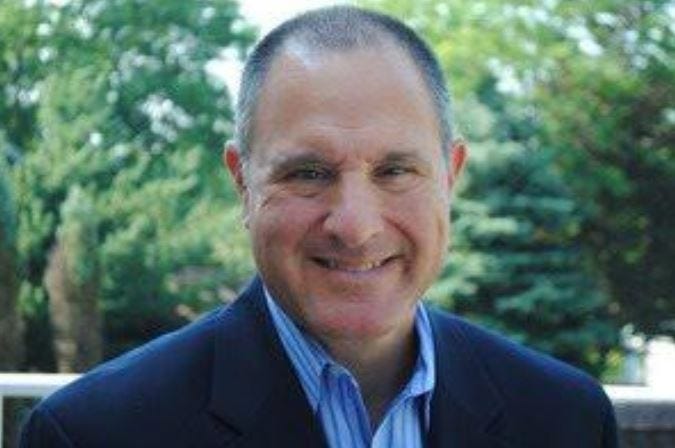
The absurdity of the death penalty has been on display across the country this month.
For the second time in recent years, a condemned killer emerged alive from the Ohio death house, reported the Columbus Dispatch.
The scheduled execution of twice-convicted killer Alva Campbell was called off when a medical team with the Ohio Department of Rehabilitation and Correction could not find two viable sites for a lethal injection. Afterward, Gov. John Kasich issued a temporary reprieve and rescheduled Campbell’s execution for 2019.
One of Alabama’s longest-serving death row inmates, 66-year-old Vernon Madison, was cleared for execution by the United State Supreme Court. He was convicted in 1985 of killing a Mobile, Alabama police officer, according to the Birmingham News.
In May 2016, Madison was set to die by lethal injection, but hours after the scheduled execution the Supreme Court issued a ruling upholding a lower court’s stay of execution.
This month, the High Court unanimously reversed that decision even though medical staff and prison officials agree that, as of the result of two strokes, Madison cannot remember his crime or why he is on death row.
On the other hand, a Nevada death row inmate whose execution was postponed on Nov. 14 is complaining to a judge that he’s suffering what he calls "an open-ended and unnecessary delay."
Scott Raymond Dozier is a volunteer. Unlike Campbell and Madison, he wants to die. He was returned to suicide watch — Nevada doesn’t want him to kill himself before they get a chance to kill him. Dozier would become the first person executed in Nevada since 2006.
Court documents show that Dozier sent a Nov. 13 letter asking the judge to lift a stay of execution that was issued over concerns about the three-drug lethal injection protocol that prison officials intended to use, reported the Omaha World-Herald.
These three cases — each unique — are playing out in an era of declining interest in the death penalty.
Nineteen states and the District of Columbia have abolished capital punishment. According to the New York Times, four more states have imposed moratoriums on executions. Not only are executions down, death sentences are down as well. There are 31 states with the death penalty. Only 14 states handed down any death sentences last year, for a total of 50 across the country — less than half the number six years ago. California, which issued more than one-quarter of last year’s death sentences, hasn’t executed anyone since 2006.
In 2015, the U.S. Supreme Court decided Glossip v. Gross, a case examining lethal injection. Justice Stephen Breyer noted in a dissent that the decline of the death penalty county by county could one day persuade the court to end it everywhere. Breyer’s argument was anchored in the Constitution’s Eighth Amendment banning punishment that is "cruel and unusual."
There are signs that the end is near for the death penalty.
Before Roper v. Simmons, the 2005 decision that abolished the death penalty for juveniles, carrying out a juvenile execution had become an unusual occurrence — not unlike today’s "adult" death penalty.
Prior to 2005, 21 states still had the death penalty for juvenile offenders, but only one used it with any regularity. Texas executed 13 people who committed murder as juveniles between 1976 and 2005. Virginia and Oklahoma followed with three and two executions, respectively. Those three states had carried out 82 percent of all executions of juvenile offenders in the United States in the prior 25 years, according to the American Bar Association.
A closer look at the status of capital punishment is revealing. Just 10 states are responsible for about 83 percent of the 1,465 executions since 1976.
Evolving standards of decency in a "mature society" have made the carrying out of executions increasingly rare nationwide. Last year, there were 20 executions carried out in the United States. All 20 were carried out in five of the 31 states with capital punishment.
So far in 2017 there have been 23 executions nationwide, with one additional execution scheduled before the end of the year.
Matthew T. Mangino is of counsel with Luxenberg, Garbett, Kelly & George P.C. You can reach him at www.mattmangino.com and follow him on Twitter @MatthewTMangino.
"There are 31 states with the death penalty. Only 14 states handed down any death sentences last year, for a total of 50 across the country — less than half the number six years ago."
This article originally appeared on Crestview News Bulletin: A slow death for capital punishment
